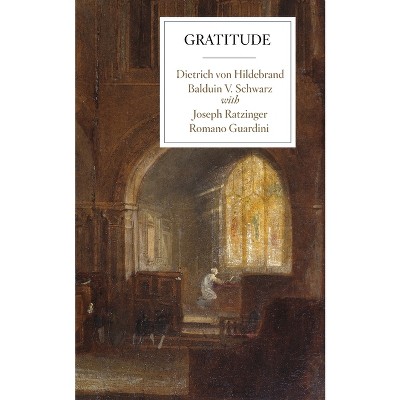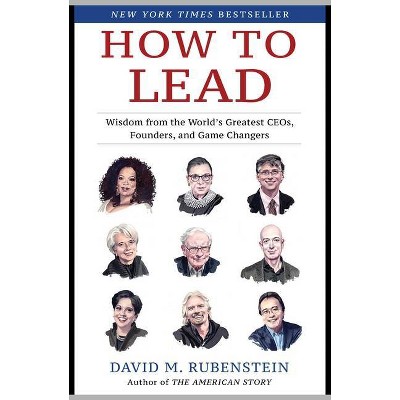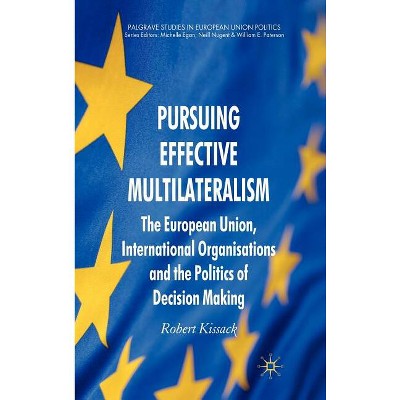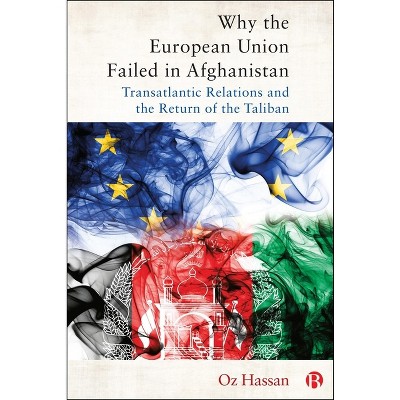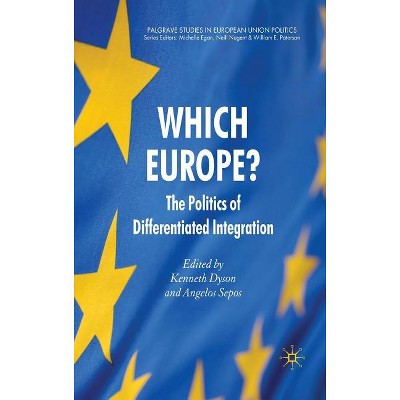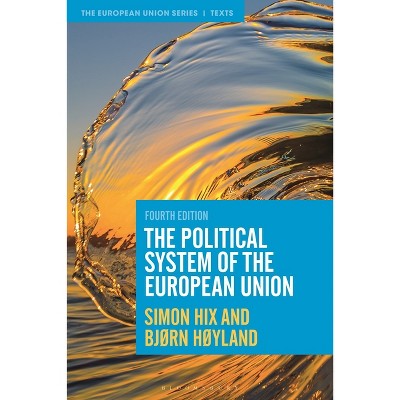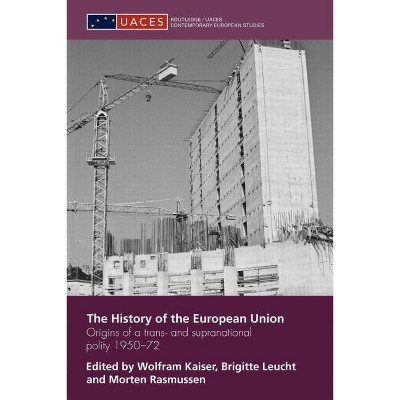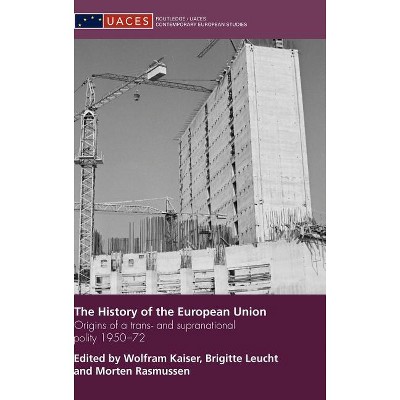Sponsored

Turkey and the European Union - by Lucia Najslová (Paperback)
In Stock
Sponsored
About this item
Highlights
- Turkey's EU accession talks, which began in 2005, were intended to strengthen Turkey's democracy and the EU's ability to embrace difference.
- About the Author: Lucia Najslova is Lecturer in European Politics at Charles University, Prague, Czech Republic.
- 216 Pages
- Political Science, International Relations
Description
About the Book
Explores the tumultuous relationship between the European Union and Turkey through an ethnographic lens.
Book Synopsis
Turkey's EU accession talks, which began in 2005, were intended to strengthen Turkey's democracy and the EU's ability to embrace difference. Instead, we have seen repeated questioning of Turkey's 'Europeanness' and mutual exploitation of the other's weaknesses. Offering a unique analysis of conversations in and about Turkey and the EU, Lucia Najslová adopts an interdisciplinary ethnographic lens, taking the reader through misunderstandings in the diplomatic framework and into everyday interactions between various protagonists of the relationship.
Questions of belonging and recognition underpin the analysis and connect various research sites, including the 2016 refugee deal and the status of Turkish Cypriots. Najslová delves into the temporal dimensions of this dynamic, such as questions surrounding Turkish modernity and nation-building, and asks whether there is such a thing as good timing for democracy and what would happen if the diplomatic framework of Turkey-EU relations started moving faster.Review Quotes
"Lucia Najslova's book skilfully connects common understandings about what went wrong in the EU-Turkey relationship and the nuances of how this is perceived in various European quarters. It takes the reader on a journey, from "civil society dialogues" to Czech science fiction series, providing a refreshing outlook on the subject and a must read for all those interested in understanding what is an will remain one of the cardinal relationships in the broader European space." --Nathalie Tocci, Director of the Istituto Affari Internazionali, Italy.
"Turkey and the European Union provides a brilliant perspective to our understanding, or better, misunderstanding of Turkey-EU relations especially during a period when 'Turkey's membership is not realistic' dictates the exchanges on the relationship. As Najslová rightfully states, Turkey is there on the map and the option of Turkey not to be anything - either a member or a partner - cannot be a part of the scenario." --Deniz S. Sert, Associate Professor & Jean Monnet Chair, Ozyegin University, Turkey "This is an extraordinary book which explores the relations between the European Union and Turkey in a refreshingly unorthodox way. The framing of the analysis by politics of exclusion gives the book an additional twist. It suddenly makes the book relevant not only for those scholars dealing with Turkey or European integration, but more generally for everyone who is interested in inequality and exclusion in the study of global politics." --Petr Kratochvíl, Institute of International Relations Prague, Czech Republic "Najslova's lively attention to detail systematically uncovers inconsistencies in dominant assumptions of fixed entities, interests and institutions. Focusing on core themes of community, temporality and difference, she interrupts dominant narratives and shows how understandings of belonging are constructed through and, crucially, alongside structures of hierarchy." --David Chandler, Professor of International Relations, University of Westminster, UKAbout the Author
Lucia Najslova is Lecturer in European Politics at Charles University, Prague, Czech Republic.Shipping details
Return details
Frequently bought together

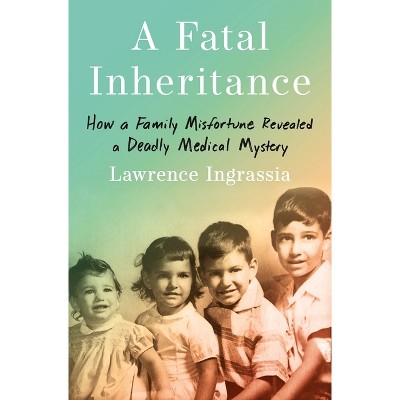
Trending Non-Fiction








